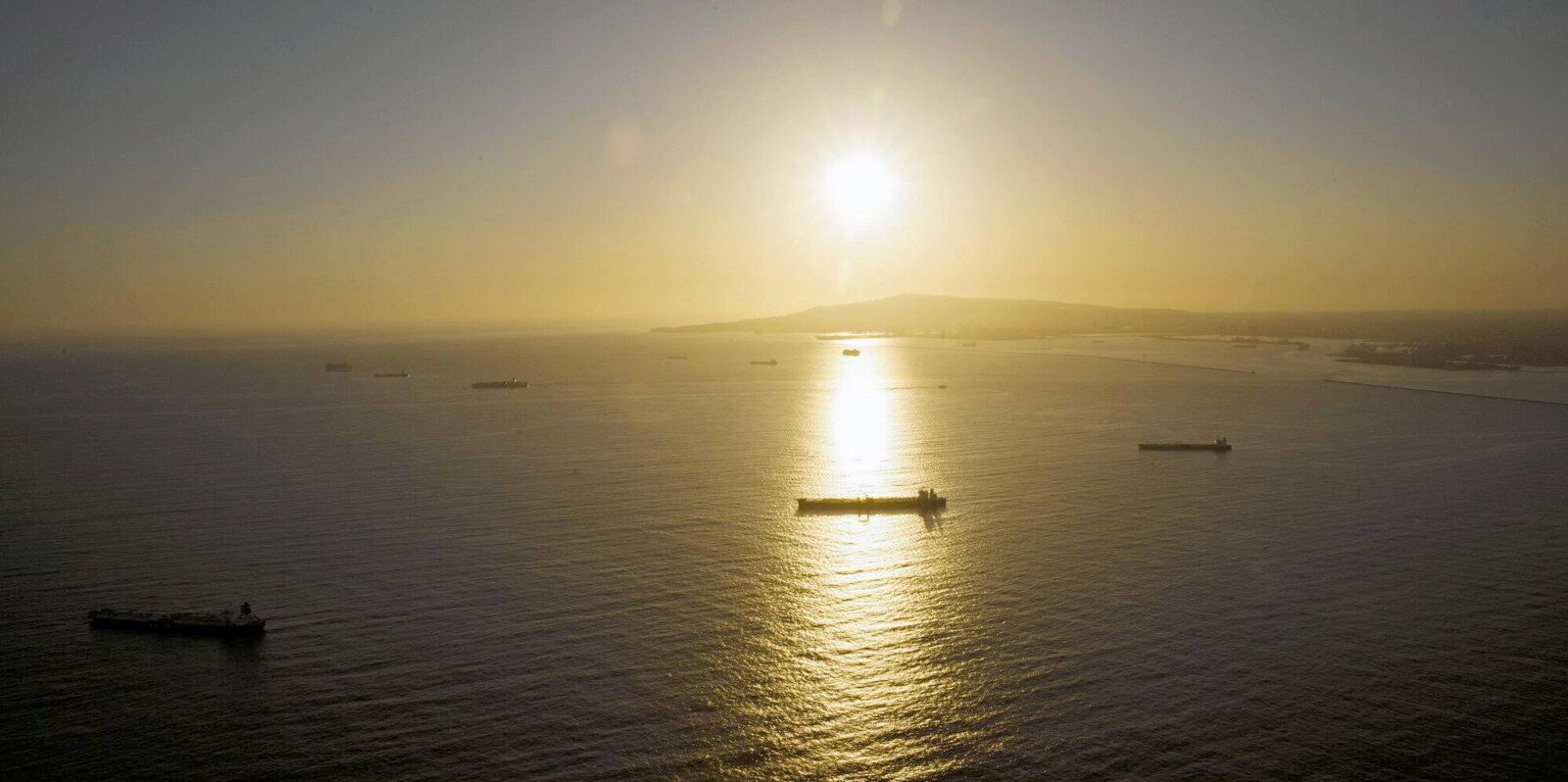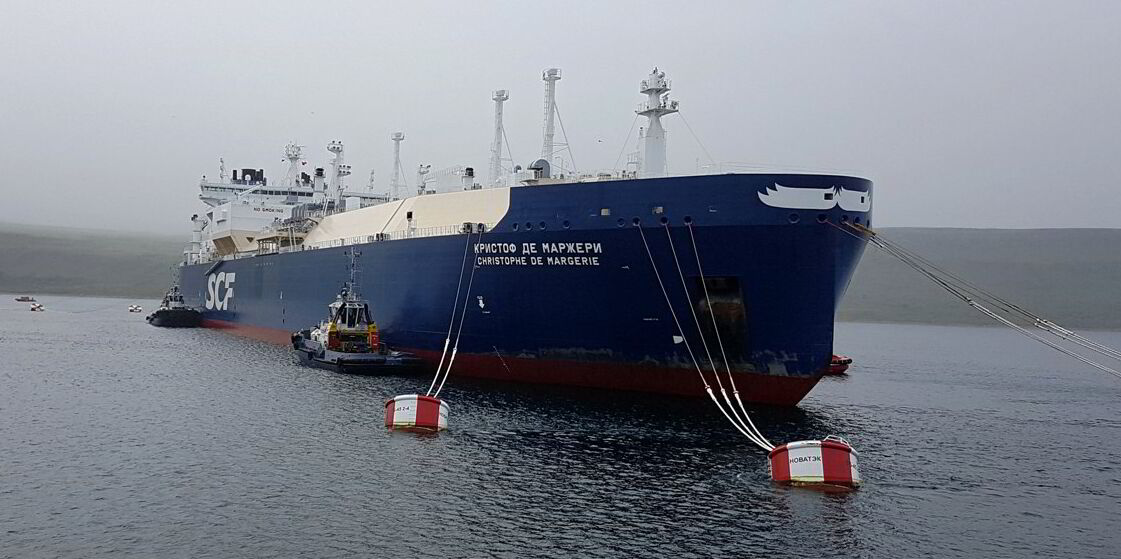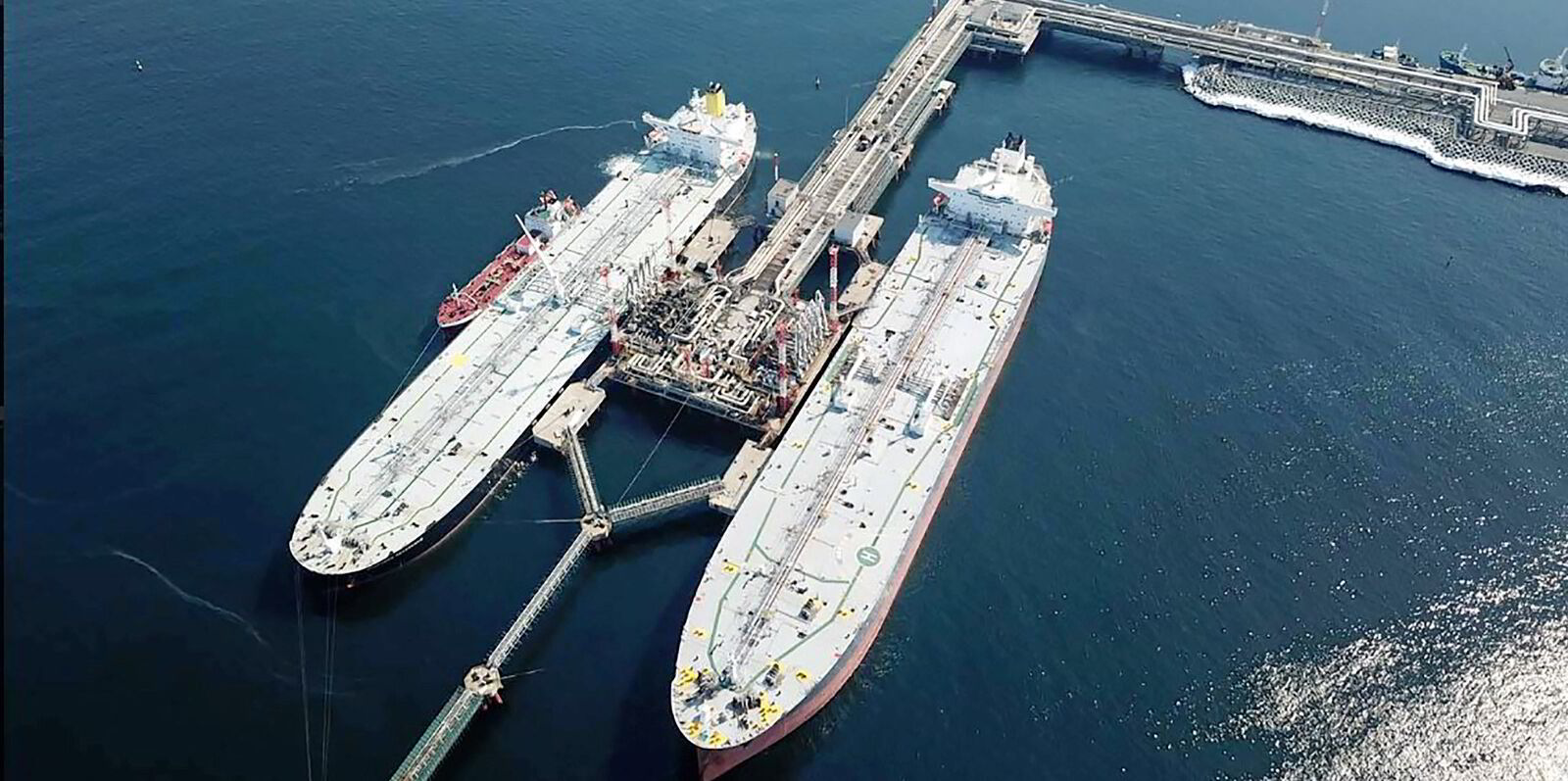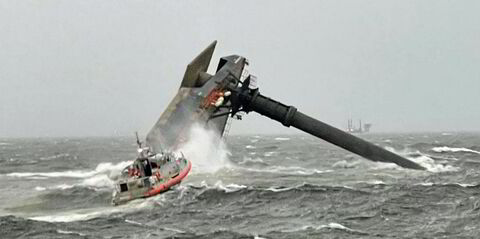Britain has refused to reveal the scope of its investigations into oil price cap evasion, after admitting that it had recorded fewer than two suspected breaches a month since the start of the regime.
UK Treasury guidance to the industry states that anyone with “knowledge or suspicion of a suspected sanctions breach” related to the cap or the ban on maritime services to Russia must report it to the government.
But just 29 suspected breaches from industry and other sources were recorded between December 2022 and April 2024, the Treasury revealed following a freedom of information request by TradeWinds.
The few reports contrast with the far larger number of about 150 vessels directly affected by UK sanctions on ship managers since December.
The ministry refused to say how many investigations had been opened following the reports, claiming that it was not in the public interest to release such data as it could help those “attempting to evade or breach” the cap.
It has previously said that it has opened a number of cases into price cap breaches — and used powers to demand or seize documents — but has not fined anyone.
The UK’s sanctions regulator has the power to levy fines of £1m ($1.27m) or 50% of the value of any identified breach in price cap rules, whichever is higher.
But the low level of suspected breach reports highlights the limited information-sharing between the large shipping service sector in the UK and the enforcers of the country’s shipping sanctions, the Office of Financial Sanctions Implementation (Ofsi).
One legal source told TradeWinds that law firms usually back away from potential sanctions-busting deals before they receive enough information to warrant a referral.
Six suspected breaches were recorded in the period between the start of the crude oil price cap scheme in December 2022 to April 2023, with another 23 recorded in the 2023/2024 financial year, according to the Treasury.
It could be even fewer than 29 reports from the industry as the number also potentially includes self-referrals from shipping companies that realise they have unwittingly breached rules, reports from other sanctions agencies or those independently uncovered by Ofsi.
“The way this whole thing was set up, we were never realistically going to expect the insurance or banking industries to be flagging suspicious transactions because they are too far back from the transaction itself to be in a position to flag anything,” said Craig Kennedy, a Russia energy and finance expert and associate at Harvard University’s Davis Center.
The price cap, introduced in December 2022, allows insurers, shipping companies and financiers with links to the G7 group of nations to haul Russian crude if it is priced below $60 per barrel.
The scheme was extended to refined products in February 2023, with caps of $100 for premium products, such as diesel, and $45 for discounted products.
The scheme, driven by the US, is aimed at limiting Russian revenues while keeping global oil flowing. It is supported by a system of attestation documents designed to prove that the oil is being sold below the cap price.
The UK-based insurance sector plays a key role in policing the price cap scheme, as it can only cover vessels that have papers showing that Russian crude and refined oils are being traded below prices set by the G7 group of nations.
Detractors of the scheme say those papers are too easy to forge, prompting a tightening of the scheme in February. However, critics say the changes fail to address the underlying problems of the scheme that relies on traders linked to Russia to provide the key data.
The UK has previously touted the central role of the maritime insurance sector in the “continued success” of the oil price cap.
The International Group of P&I Clubs says it “fully cooperates” with the UK’s sanctions regulator but complained last month that it was being used as “an extended arm of enforcement”.
“Banks and insurers said if you put us in charge of policing this and hold us responsible, we don’t have the resources, we don’t have the skill set and we don’t have access to underlying contracts,” Kennedy said.
“If you’re a bank or an insurer, your internal lawyers are going to find it difficult to look at hundreds of attestations and say this one looks suspicious. That’s not how it was intended to work.
“Ultimately sanctions authorities haven’t provided screening criteria that are robust and specific enough to make certain that bad actors are excluded.”
Britain has previously targeted ship managers in several rounds of blacklisting, including Dubai-based Fractal Marine DMCC and Turkey’s Beks Ship Management and Active Denizcilik in February.
The Sovcomflot-linked Oil Tankers (SCF) Management, Radiating World Shipping Services, Star Voyages Shipping Services and K&O Ship Management, all based in Dubai, were hit with sanctions in December.
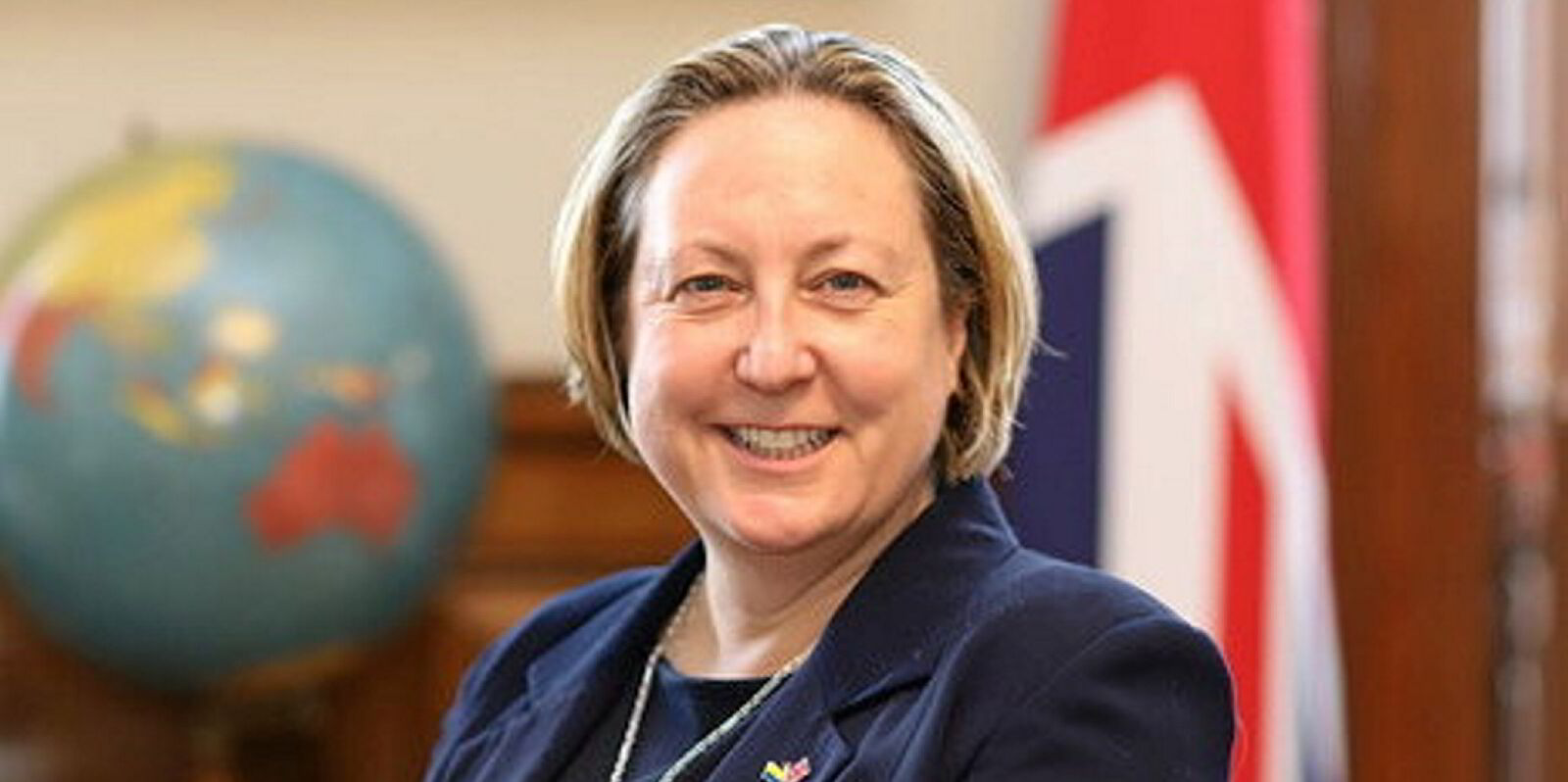
But the limitations of the existing policy were exposed by ship managers immediately reshuffling their fleets, changing ownership structures, selling vessels and renaming tankers in apparent efforts to sidestep the sanctions.
New legislation was rushed through on the final day before the break of parliament that allows the government to blacklist individual tankers, a tactic that has been used by the US with some success, according to researchers.
Read more
- Russia’s Novatek moves 200 workers to Zvezda yard in bid to complete Arc7 LNG carriers
- RightShip and ZeroNorth team up to offer joint emissions-rating services
- Notorious Russian oil transfer hotspot nixed for a further six weeks
- Rising shadow tanker ‘concerns’ ignite calls to thwart future dark fleets
- Houthi ship attacks could continue even after fighting ends in Gaza, warns WTW
